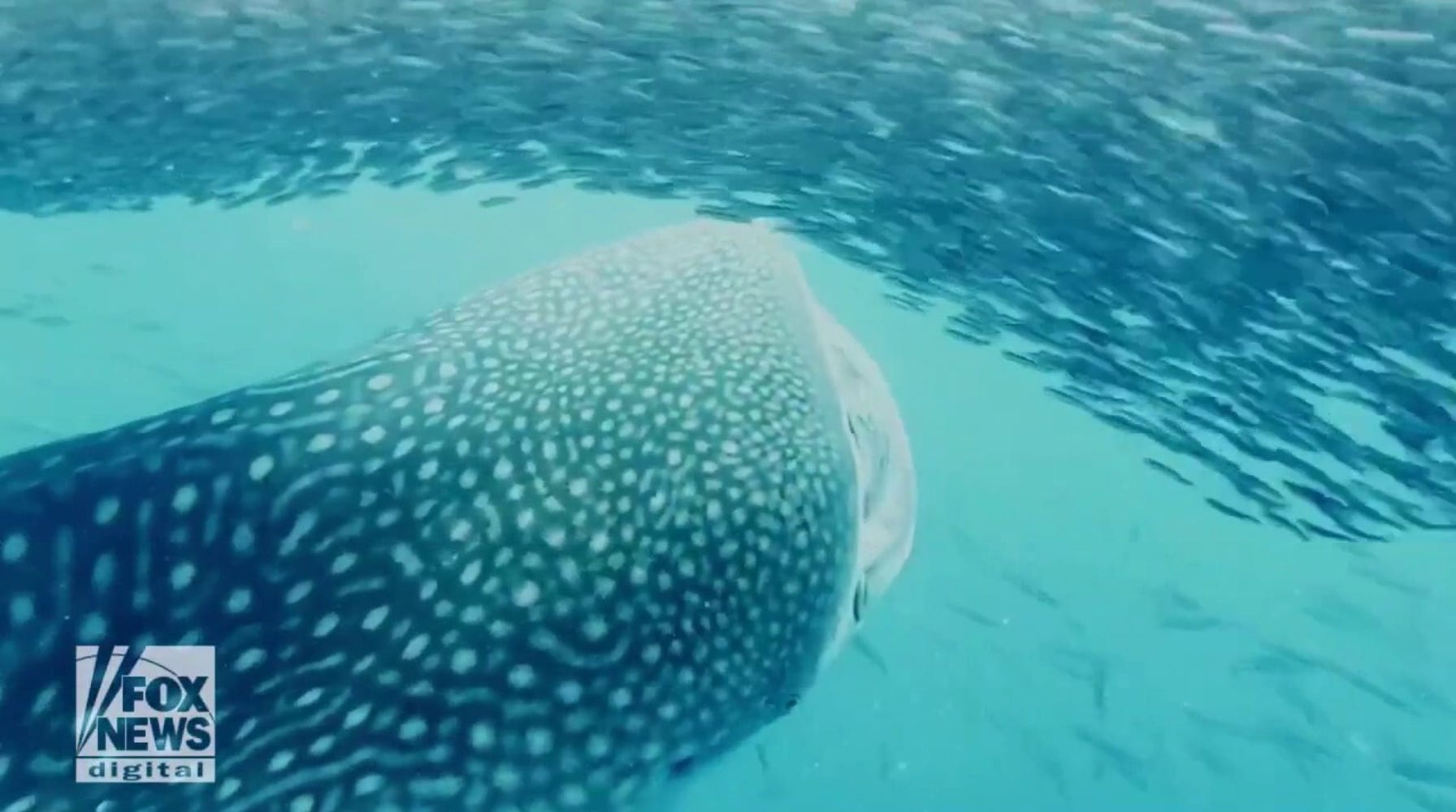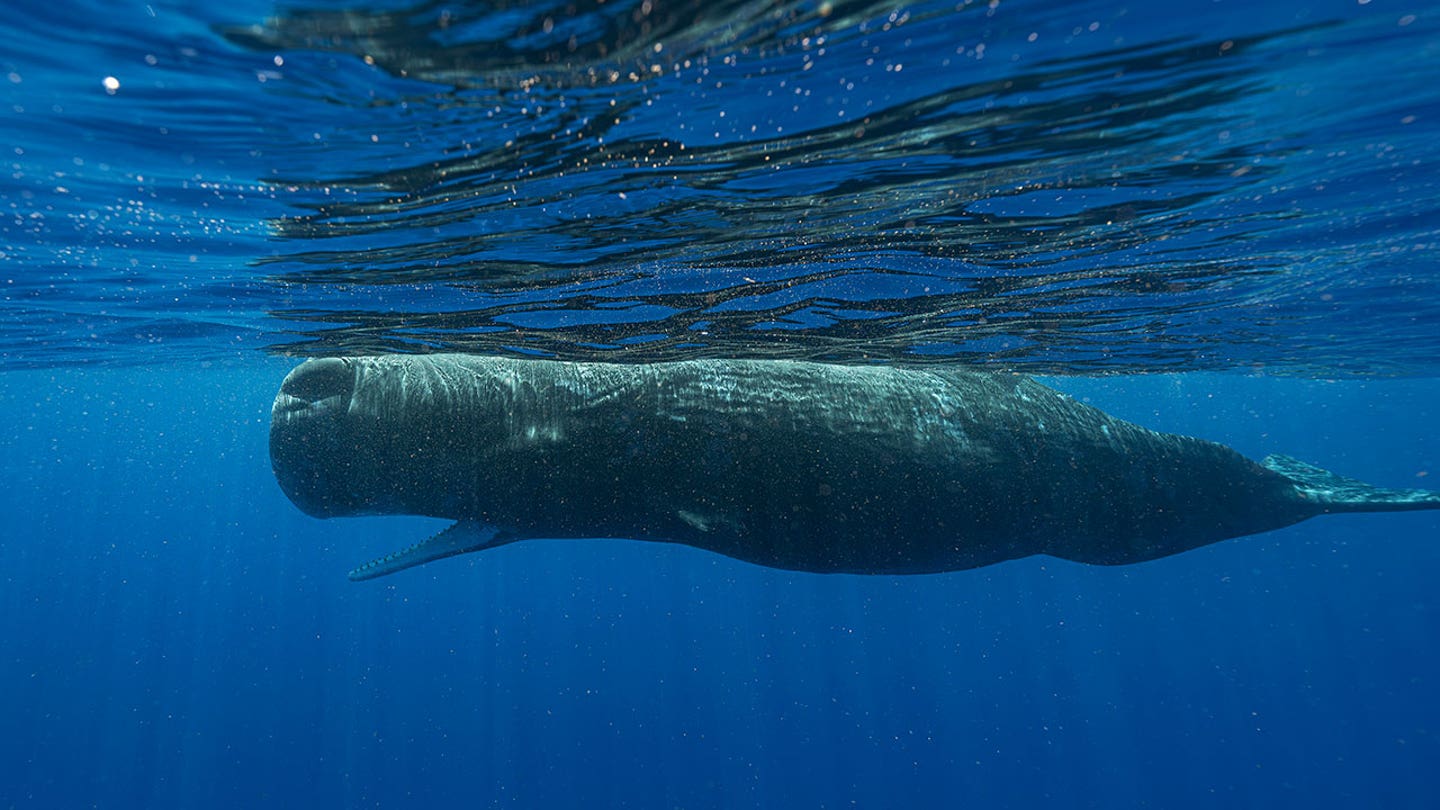Scientists have made groundbreaking progress in unraveling the fundamental aspects of sperm whale communication, revealing the potential for a phonetic alphabet that enables the whales to convey complex messages.

Scientists have been intrigued by the complex clicking sounds produced by sperm whales for decades, recognizing their potential to encode meaningful information. In a breakthrough study published in Nature Communications, researchers have identified the foundational components of a phonetic alphabet that sperm whales may use to communicate.
Through the analysis of over 8,700 sperm whale click sequences known as codas, researchers have isolated four basic elements that form the building blocks of this phonetic system. These elements, akin to the letters in a human alphabet, can be combined in an almost limitless number of combinations.

This finding suggests that sperm whales possess a highly sophisticated communication system that allows for the expression of a wide range of messages. It expands the understanding of cetacean communication and opens up new possibilities for deciphering the language of these enigmatic marine mammals.
Sperm whales, renowned for their massive brains and matriarchal social structures, have long fascinated scientists with their complex behaviors and sophisticated social ties. Understanding their communication system could shed light on parallels with human language and society.
To collect a sufficient number of coda samples, scientists created a vast underwater recording studio in Dominica, where a resident population of around 200 sperm whales reside. Equipped with microphones at varying depths, the studio allowed researchers to capture clicks in different contexts, such as diving, sleeping, and surface breathing.
Jeremy Goldbogen, an oceanography professor at Stanford University, hailed the research as "extraordinary" and emphasized its potential implications for understanding marine giants. He advocates using any future insights gained from deciphering sperm whale communication to support conservation efforts, such as reducing ship strike risks and mitigating ocean noise levels.
Sperm whales are classified as "vulnerable" by the International Union for Conservation of Nature, facing threats from historical overhunting and ongoing environmental challenges. Continued research into their communication system can inform conservation measures and help protect these majestic creatures.
Diana Reiss, a marine mammal communication expert, acknowledged the advancements made in understanding dolphin whistles and humpback whale songs but highlighted the uniqueness of sperm whale communication. She expressed optimism that scientists will eventually be able to match sperm whale clicks to specific behaviors and gain valuable insights into their intentions.
While fully comprehending the meaning behind sperm whale clicks may never be entirely possible, continued research and advancements in artificial intelligence may unlock the mysteries of their phonetic alphabet, revealing the complex world of communication among these enigmatic ocean giants.










